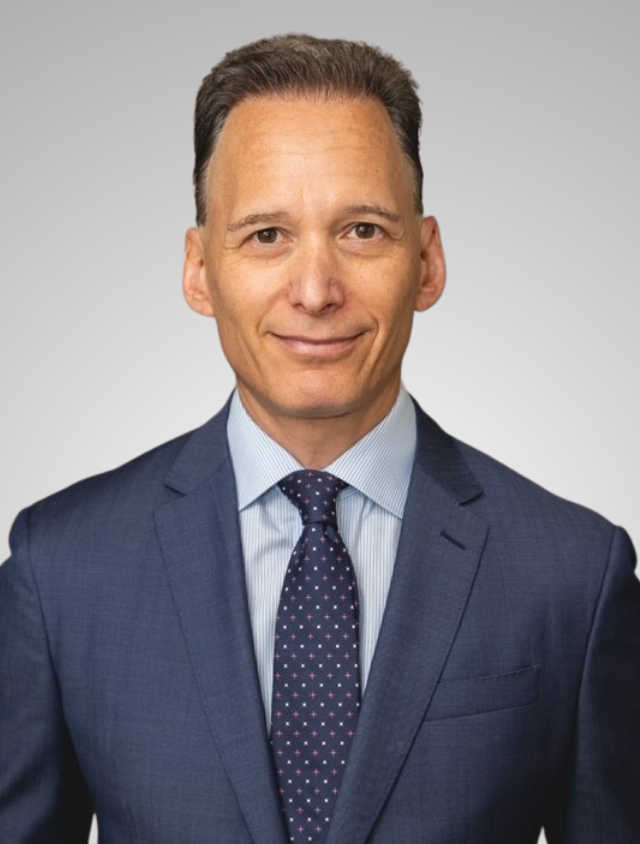Your vocal cords are two flexible bands of muscle tissue that are responsible for producing sound and protecting your airway. Vocal cord paralysis is a voice disorder that happens when the nerve impulses to your voice box are disrupted, resulting in loss of control of the muscles that regulate your voice. Vocal cord paralysis can also make it difficult or impossible to speak and, in some cases, can interfere with breathing and swallowing.

Understanding Vocal Cord Paralysis

What is Vocal Cord Paralysis?
Symptoms
Usually (but not always), only one vocal cord becomes paralyzed. If partial or complete paralysis is present, you may experience the following symptoms:
- Hoarse or breathy voice
- Shortness of breath
- Loss of vocal pitch
- Choking or coughing while eating or drinking
- Inability to speak loudly
- Loss of gag reflex
- Unproductive coughing or frequent throat clearing
Causes
Several ailments can interfere with the nerve signals that control your voice box, resulting in vocal cord paralysis. The most common causes include injury to the chest, neck, or head, or infection. Tumors or strokes can also contribute to vocal cord paralysis.
Risk Factors
Factors that may increase your risk include undergoing throat or chest surgery and having a neurological condition, such as Parkinson’s disease or multiple sclerosis.
Diagnosing Vocal Cord Paralysis
Vocal cord paralysis is typically diagnosed by a doctor who specializes in ear, nose and throat disorders. The doctor will listen to your symptoms and voice quality and may also use an endoscope to look at your vocal folds. Your doctor may also perform a procedure called laryngeal electromyography, which measures the electrical impulses of the nerves in your larynx.
During a laryngeal electromyography, a fine needle is inserted into the muscles around your larynx and your provider will ask you to make sounds or sniff to activate the nerves and muscles. This can help identify if you have paralysis and where. You may also be connected to a grounding electrode, which lets the provider see muscle activity.
Treating Vocal Cord Paralysis
Common treatments for vocal cord paralysis include surgery and voice therapy. Voice therapy is considered a first line choice, with surgery coming later. Voice therapy includes exercises to strengthen vocal cords and improve breath control while speaking. If your vocal cord paralysis does not respond to therapy, surgery may be recommended. Surgical options include:
Vocal cord repositioning: which involves moving your own tissue inward from the outside of your voice box to push the paralyzed vocal cord toward the middle. This allows the functioning vocal cord to vibrate more effectively against the paralyzed vocal cord.
Implant: which involves inserting an implant in the larynx to reposition the vocal cord, allowing the functioning vocal cord to vibrate more effectively against the paralyzed vocal cord.
Reinnervation: which involves replacing the damaged vocal cord with healthy nerves harvested from a different area of the neck to reestablish nerve impulses to the vocal cords.
If both vocal cords are paralyzed, this is considered a true medical emergency and may require a tracheotomy.
Our Doctors
Many of the surgeons at The Institute for Advanced Reconstruction are double-board certified experts in nerve-related procedures and internationally recognized for research and discovery.
Patient Stories
Find a Location
Insurance Information
The Institute for Advanced Reconstruction participates in a wide range of insurance plans, including those listed below. However, each physician has their own accepted insurance and hospital affiliations. Before scheduling an appointment, please contact your insurance carrier to confirm that your provider is in-network.
If we are not an in-network provider, our friendly insurance specialists will help you find the most coverage available for your treatment.
- Horizon Blue Cross Blue Shield of New Jersey
- Medicare
- Railroad Medicare
- Aetna
- Cigna
- United Healthcare
- Oxford (Freedom, Liberty)
- MagnaCare
Patient Resources
Visit our resource page for patient forms, information specific to vocal cord paralysis, and more.
Are you a candidate for nerve reconstruction surgery?
If you have vocal cord paralysis that has not responded well to conservative treatment or if your condition is severe, you may be eligible for advanced surgical procedures such as reinnervation. Schedule a consultation with one of our experts to find out.

